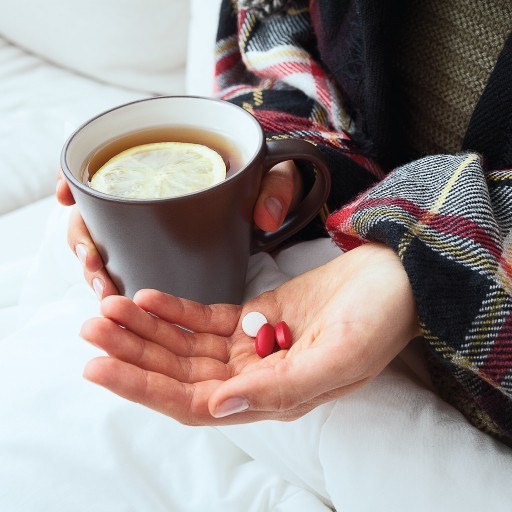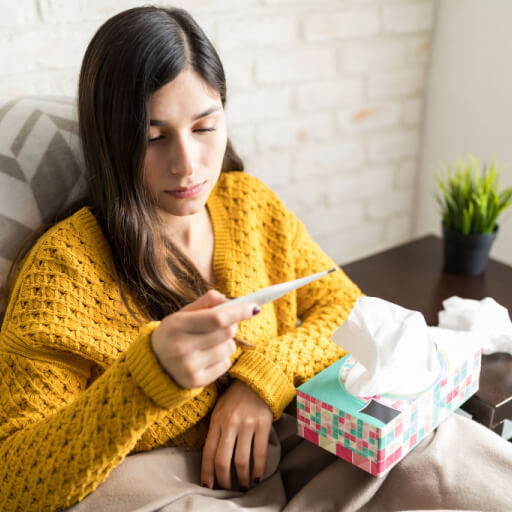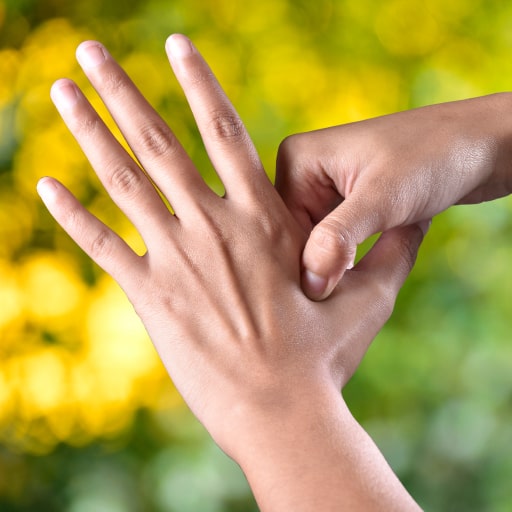
Viral fever is a term often used to describe a temperature accompanied by cough, cold and body ache. This type of illness is usually brought on by an infection by the influenza virus. Other forms of the virus that can cause these symptoms are the cold virus and even dengue. The typical symptoms of a viral infection include:
- Temperature of 99°F – 103°F (37.2°C – 39°C)
- Chills and shivering
- Muscle ache
- Sweating
- Headache
- Loss of appetite
- Cough and cold
- Dehydration
Most viral infections have to take their course and the body’s immune system has to fight them off. However, there are ways in which viral fever can be prevented and also ways to manage the symptoms if an infection does take place.
Prevention of viral fever infections
Here are the best ways to prevent catching a viral infection:
Wash your hands: As children, our parents always told us to wash hands when we came home from outside or before eating. This is very good advice which we should also follow as adults and tell our children too. Because our hands come in contact with so many surfaces where we can pick up germs, washing our hands well with soap is one of the best ways to prevent getting an infection.
Cover your mouth and nose: Covering your mouth and nose is not just important when you cough or sneeze but also when someone around you does. Placing tissue or handkerchief over your mouth and nose prevents you from breathing in their germs and catching an infection. If you hear of many cases of viral fever, then it is a good idea to wear a germ-prevention face mask.
Avoid direct contact with a sick person: Viral infections are contagious and can be passed on through direct contact with a patient so avoid this as far as possible. Also, keep children away from anyone who shows symptoms because their immunity is still not fully developed. If you have been in close contact while caring for a sick family member make sure to follow the steps mentioned above to prevent catching the infection.
Prevent mosquito bites: Viral infections like dengue are spread through mosquito bites. Use a mosquito repellent, a mosquito net while sleeping, and keep the doors and windows of your home shut after sunset to reduce the possibility of getting bitten by mosquitoes.
Managing a viral fever
Sometimes you can take all the possible precautions but still catch an infection. If you do start having the symptoms of a viral infection, the first thing to do is to see a doctor and do a test to find out what type of infection it is. The doctor will usually prescribe medication to control the fever and keep your strength up. But besides the prescribed treatment, here are a few ways that you can take care of yourself or a family member to make a quick recovery:
- Use an ice pack to keep the fever under control.
- Eat nourishing foods to keep your strength up and boost your immunity.
- It is important to stay hydrated, so drink plenty of water and take electrolytes that are a mixture of salts and sugar.
- Get plenty of rest so that your body has a chance to fight the infection.
Viral fever is very common at certain times of the year like during the rains. Prevention is always better than cure so take the necessary precautions to stay healthy. If you or a family member falls sick, use the tips mentioned above to get back to good health soon.
Popular Searches
Natural Beta blockers | How to cure depression | Summer activities for kids | High bp symptoms | HIIT workout | How to increase platelet count | Dash diet | Systolic and diastolic blood pressure | High blood sugar symptoms | Tabata workout | Push ups for beginners | Benefits of zumba | How to prevent breast cancer | Homeopathic medicine for asthma | Fruits to avoid in pcos | Neck pain relief exercises |Yoga for heart | Healthy soup recipes | Anti aging foods | Vitamin rich foods





 1800-270-7000
1800-270-7000











Thank you for useful article. You have given very good information.